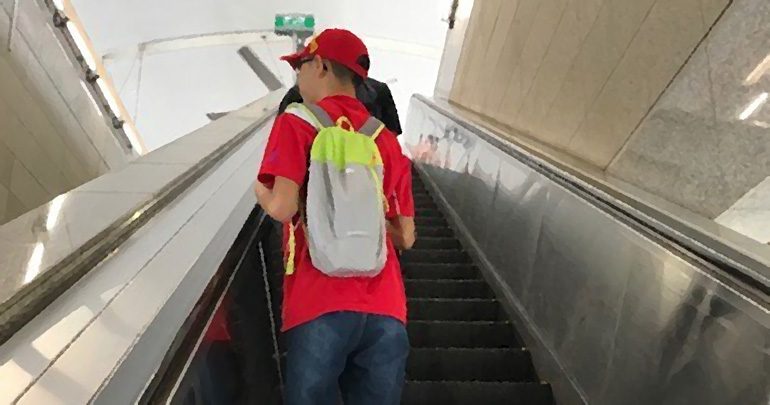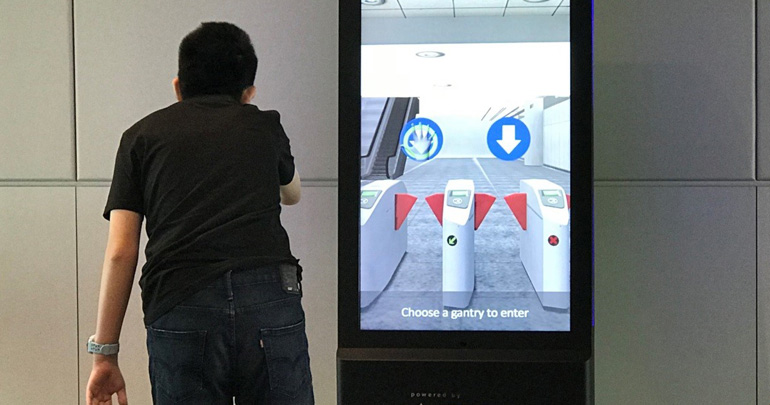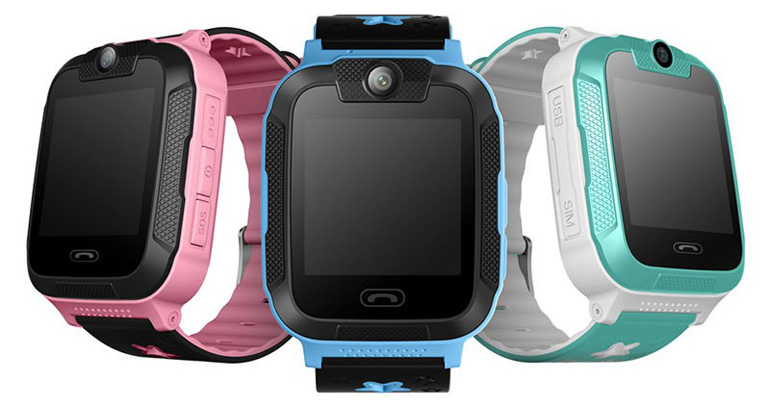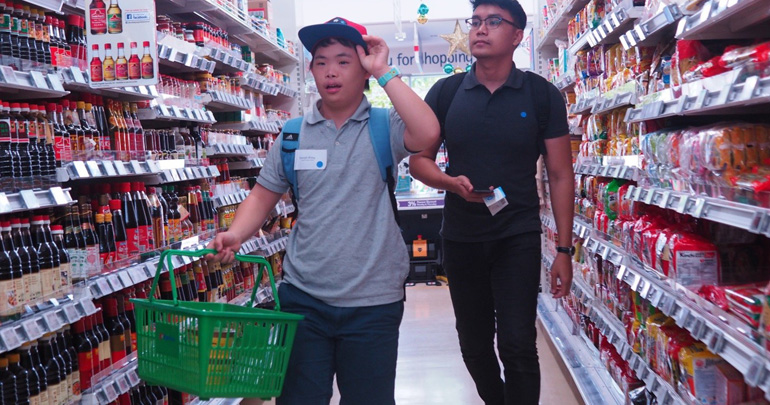
When it comes to travelling to school and work, the special needs parent has much to worry about: Will my child get lost? Will they know what to do if they get into an accident? Who can help if they get into a meltdown?
Yet the parent also knows that their child needs to learn how to travel independently, because it’s an essential life skill. Until they learn to make their way to school or the workplace by themselves, commuting will remain an obstacle to an independent adult life.
This is a challenge that local charity SG Enable observed through its jobs programmes with special education (SPED) schools. Many graduating special-needs students were not ready for working life, not for lack of work-specific skills but simply because they were unable to travel independently.
Job coaches also observed that parents were hesitant to allow their children to travel on their own, instead accompanying them everywhere. There was little opportunity for parents and children alike to gain the confidence to have the young adults move about on their own.
But what if current technology could address the worries?
Smart watches to the rescue?
SG Enable worked with the National University of Singapore–Chua Thian Poh Community Leadership Programme to study how current technology can be used to help young people with special needs become independent travellers.
One area they identified was virtual reality, or VR. In other countries, virtual reality has been used to allow special needs children to experience and practice commuting while in the safety of the home or school. In Singapore, SPED schools such as Metta School was already using a life-sized simulator called the Interactive Mirror to teach students how to travel to school independently, focusing on tasks such as observing traffic rules, fare card use and following signs and announcements.

An Interactive Mirror running a simulator for taking the MRT
Another technology they identified was the smart watch. Smart watches and GPS pendants designed for children have been quietly gaining popularity among parents in Singapore. Parents use these devices to communicate and to track children’s movements, without the parental control complexities that come with handing kids a full-featured phone. If more special needs parents could adopt such tools, the potential for preparing SPED students for the workplace would be tremendous.
Hitting the streets with smart wearables
SG Enable approached Metta School to develop additional commuting scenarios for the Interactive Mirror. The project was then expanded to include Woodlands Gardens School and Towner Gardens School, so that students from the three schools could practice crossing roads and taking public transportation using the Interactive Mirror in school, before practicing on the streets. SG Enable also began identifying smart watches, GPS tools and apps that were suitable for special needs. StarHub kindly sponsored the SIM cards for the devices.

The OMG Smart Kids GPS Tracker Watch used in the independent travel project. It allows parents to track the wearer’s location, set up alarms when the wearer travels out of range, and supports pre-set friend and emergency numbers.
Participants identified by the schools were then briefed on use of the devices, as well as the steps to take if the train broke down (ask the station master for help) or missed a stop (alight and take the train across the platform).
The actual trial took place on a weekday morning during rush hour. The children made their way from home to the Enabling Village for a community event. Volunteers shadowed the children’s movement, taking note of the situations and activities whenever the children had difficulty.
Safety was a priority for this exercise; while giving the participants room to make minor mistakes (such as missing a stop) before intervening, volunteers were instructed step forward and help the participant if there was ever in an unsafe situation, or the participant experienced a meltdown.
The project ran smoothly, and both volunteers and parents were able to pass useful feedback to SG Enable.

An independent travel project participant shops at the FairPrice supermarket at the Enabling Village
Parents told SG Enable the project that gave them confidence their children would be able to travel independently with the help of smart devices. “It was a very well executed programme,” said one parent. “Volunteers were great, and there was extremely smooth operation from beginning to end. There was good communication with the caregivers and a lot to learn for both the participants and their families.”
For its part, SG Enable will be sharing the findings with other SPED schools and at public events so that more parents and young people with special needs will make use of these readily available smart devices.